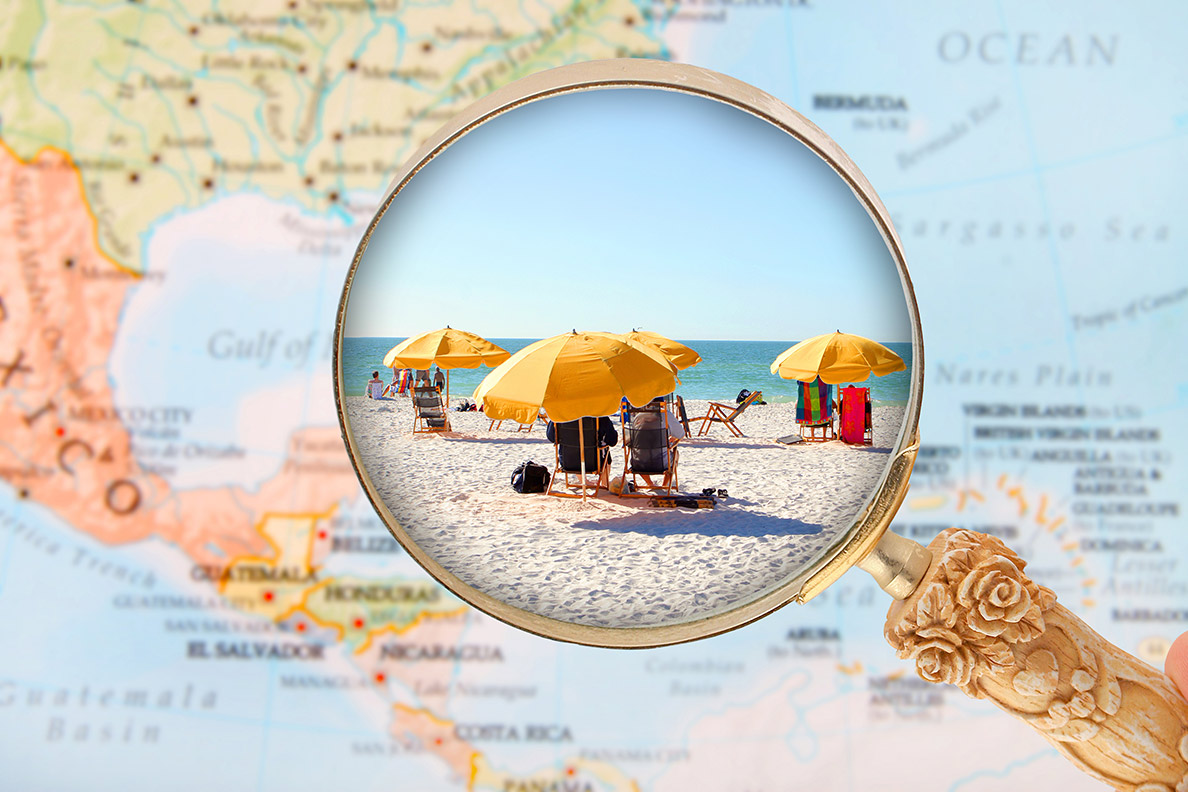Welcome to the U.S. Virgin Islands.
Dreaming of owning a slice of paradise? The U.S. Virgin Islands—St. Thomas, St. John, and St. Croix—offer stunning natural beauty, year-round sunshine, and a relaxed Caribbean lifestyle. But buying property here isn’t quite the same as buying on the mainland. Whether you’re looking for a vacation home, an investment property, or a place to retire, here’s what makes purchasing real estate in the U.S. Virgin Islands truly unique.
1. No Passport Needed for U.S. Citizens
One of the biggest advantages for American buyers is that the U.S. Virgin Islands are a U.S. territory. That means no passport is required for U.S. citizens to visit or move here, and there are no restrictions on property ownership for Americans. It’s island living with all the convenience of staying within U.S. jurisdiction.
2. Freehold Ownership – Not Leasehold
Unlike many Caribbean destinations where you lease land or need a special permit to buy, the Virgin Islands offer freehold ownership. This means you own the land and property outright—just like you would in most of the United States. No lease terms, no expiring rights.
3. Titled Deeds and Public Records
The territory uses a U.S.-style deed system, meaning property titles are recorded and accessible through public records. Title insurance is also available. This transparency gives buyers more confidence and protection, especially compared to other Caribbean islands where property rights may be less secure.
4. Property Taxes Are Surprisingly Low
Annual property taxes in the U.S. Virgin Islands are much lower than in most U.S. states. Rates vary depending on the classification of the property (residential, commercial, etc.), but they generally range from 0.0037% to 0.0077% of assessed value.
5. Unique Zoning and Building Codes
Island geography and environmental considerations play a big role in development. Each island has unique zoning laws and building restrictions, especially near the coast or national parks (like on St. John). It’s crucial to work with a local real estate agent and possibly an attorney to understand what’s allowed on a specific parcel.
6. Hurricane-Proofing and Insurance Considerations
Due to the region’s hurricane exposure, storm-resistant construction and specialized insurance policies are essential. Insurance costs may be higher than on the mainland, but smart home design and materials can reduce risks and premiums.
7. Financing May Be More Limited
While U.S. banks operate in the territory, mortgage options can be more limited than on the mainland. Many buyers opt for cash purchases or seek financing through local lenders who understand island-specific real estate dynamics.
8. High Vacation Rental Potential
The U.S. Virgin Islands are a popular tourist destination with a strong short-term rental market. Many buyers invest in homes that double as Airbnb or VRBO properties. The demand for ocean-view villas, condos near the beach, and island-style bungalows is strong year-round, especially on St. Thomas and St. John.
9. Cultural and Legal Simplicity Compared to Other Islands
Compared to foreign territories, buying in the USVI is legally simpler. English is the primary language, U.S. currency is used, and the legal system is based on U.S. common law. This reduces barriers for U.S. buyers and minimizes surprises during transactions.
Final Thoughts
Buying property in the U.S. Virgin Islands offers the best of both worlds—Caribbean beauty with U.S. protections. From tax benefits to clear titles and strong investment potential, the Virgin Islands are uniquely positioned to attract both lifestyle seekers and savvy investors. Just make sure you work with local professionals who understand the ins and outs of island real estate.
Ready to find your piece of paradise? Call (340) 208-2569 today to begin your journey.


